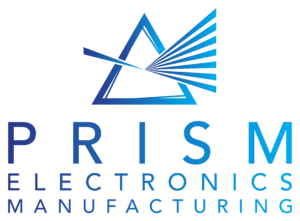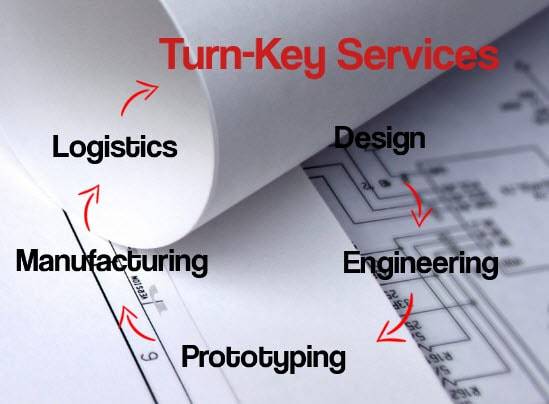Quality Control in Electronics: Getting It Right First Time!
 In a technology focussed world contract electronics manufacturers play a key role in bringing cutting edge products to the market efficiently and cost-effectively. In this blog post, we will explore the importance of quality control in contract electronics manufacturing.
In a technology focussed world contract electronics manufacturers play a key role in bringing cutting edge products to the market efficiently and cost-effectively. In this blog post, we will explore the importance of quality control in contract electronics manufacturing.
The Importance of Quality Control
Quality control is the process of ensuring that products meet specified standards. In contract electronics manufacturing, where products are developed on behalf of customers, maintaining the highest level of quality is paramount. Here are a few key reasons why quality control is crucial:
- Customer Satisfaction: Meeting or exceeding customer expectations is vital for the success of any business. Consistently delivering high-quality products builds trust and helps establish long term relationships.
- Product Reputation: The reputation of a product heavily relies on the quality of its parts. A single instance of poor quality can impact a product’s image and have long-lasting negative effects. Stringent quality control measures ensure that product reputation remains intact.
- Compliance with Standards and Regulations: Electronics products often have to comply with industry-specific standards and regulations to ensure safety, reliability, and compatibility. Quality control processes ensure adherence to these requirements, reducing risk and financial consequences.
Quality Control Processes in Contract Electronics Manufacturing
Contract electronics manufacturers employ various quality control processes throughout the manufacturing cycle to minimise risk. Here are some essential steps:
- Incoming Material Inspection: Raw materials, components, and parts received from suppliers undergo thorough inspection to ensure they meet specifications. This involves checking for quality, authenticity, and compliance with industry standards. Any non-conforming materials are identified and resolved before production.
- In-Process Inspections: Inspections are carried out at various stages of production to monitor product quality and identify defects early on. This includes visual inspections, functional testing, and measurements to verify specifications. Real-time monitoring help track production variations and identify areas for improvement.
- Final Product Testing: Before products are shipped to customers there is often a function test, only products that pass all tests are deemed ready for shipment.
- Continuous Improvement: Quality control is an ongoing process aimed at continuous improvement. Contract manufacturers employ quality management systems and feedback loops to capture customer feedback, identify areas for improvement, and implement corrective actions. This pro-active approach helps refine processes and optimises product quality.
Investing in Quality Control
Contract electronics manufacturers understand the significance of quality control and invest in the necessary resources and expertise to ensure excellence. This includes well-equipped factories, skilled quality control personnel, advanced inspection tools, and robust quality management systems.
 Additionally, many contract manufacturers hold industry certifications such as ISO 9001 (Quality Management System) and ISO 13485 (Medical Devices). These certifications show a company’s commitment to quality and provide assurance to customers that their products will meet the highest standards.
Additionally, many contract manufacturers hold industry certifications such as ISO 9001 (Quality Management System) and ISO 13485 (Medical Devices). These certifications show a company’s commitment to quality and provide assurance to customers that their products will meet the highest standards.
Conclusion
Through comprehensive quality control processes, contract electronics manufacturers ensure that products are reliable, safe, and of the highest quality.




